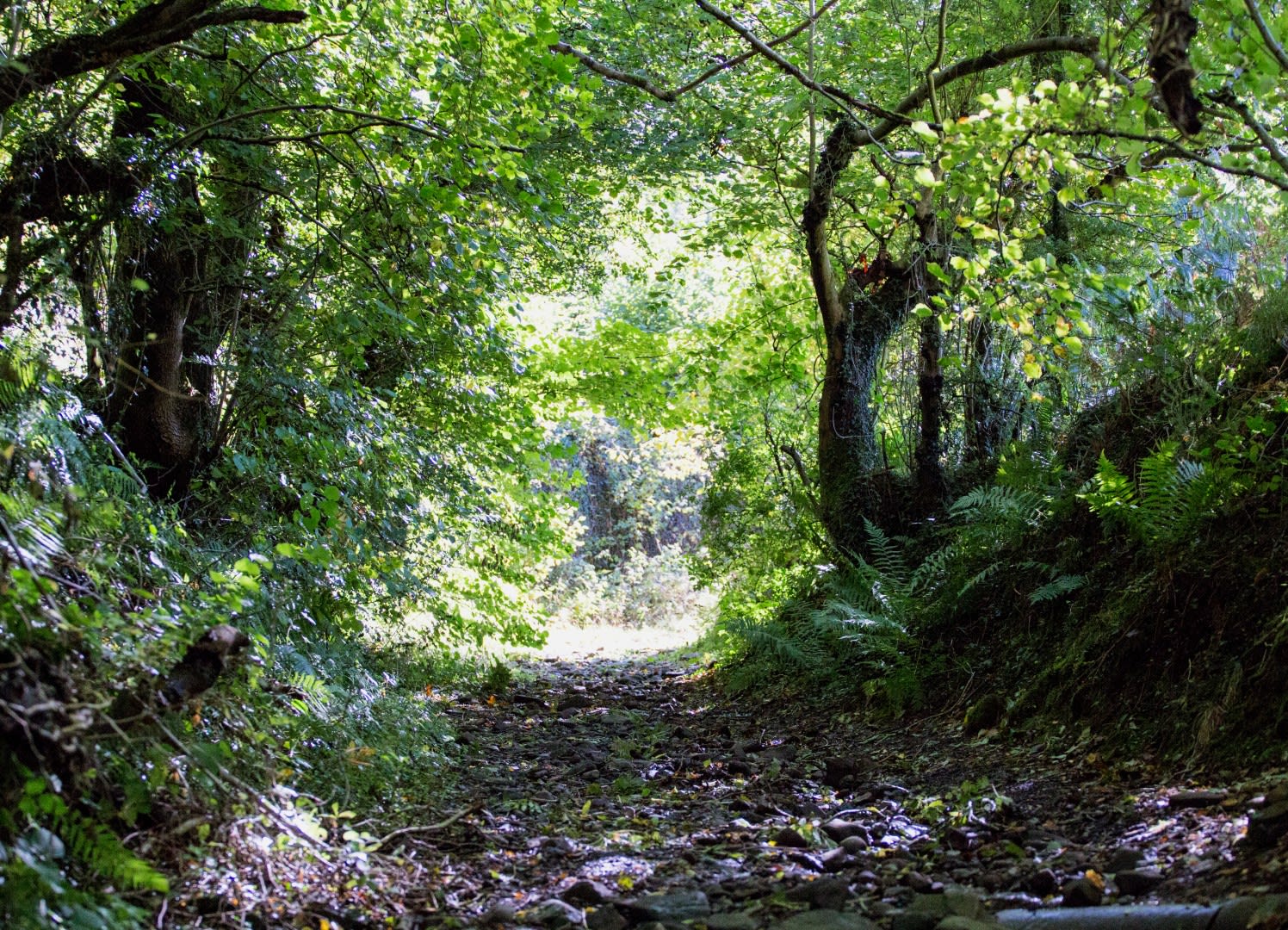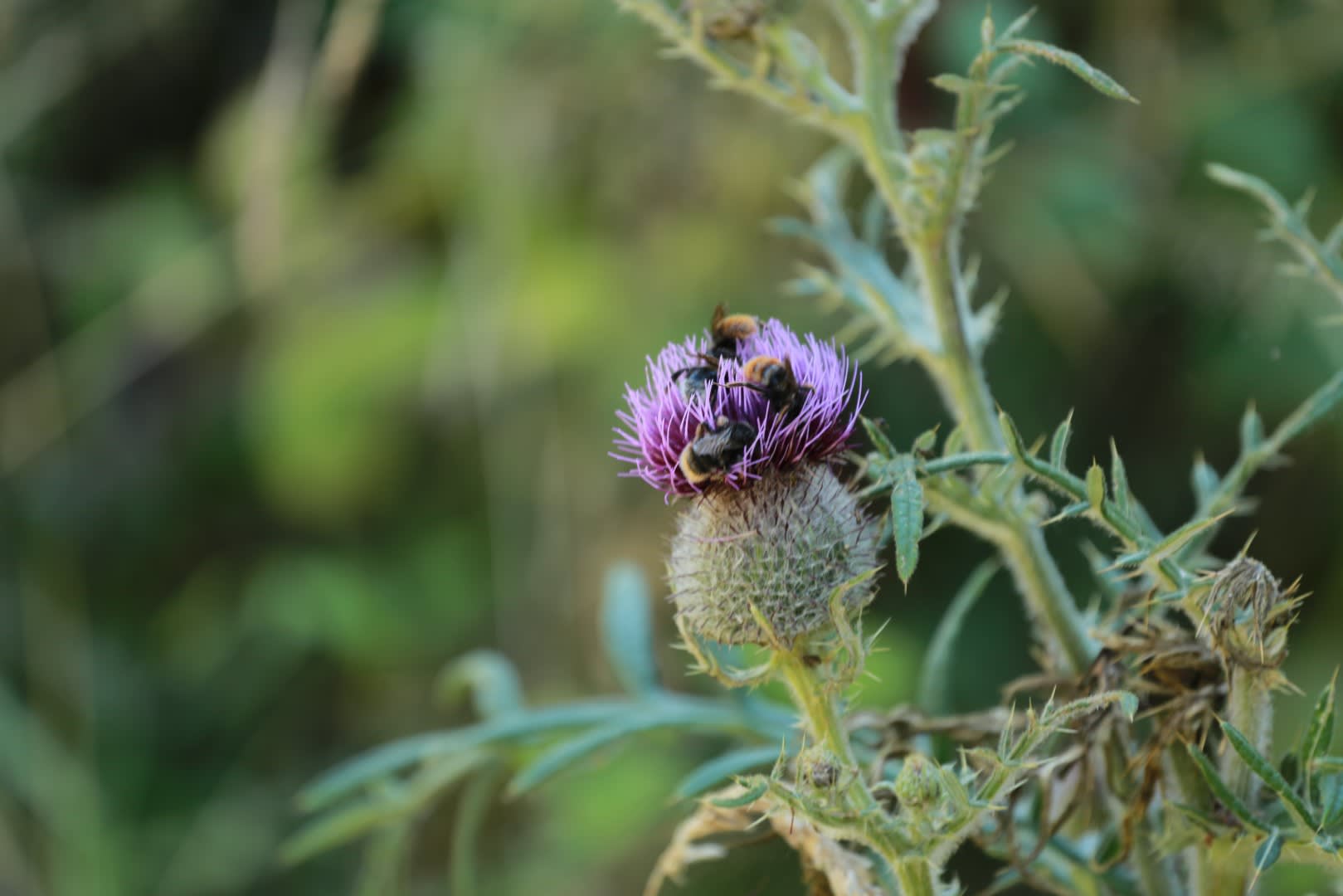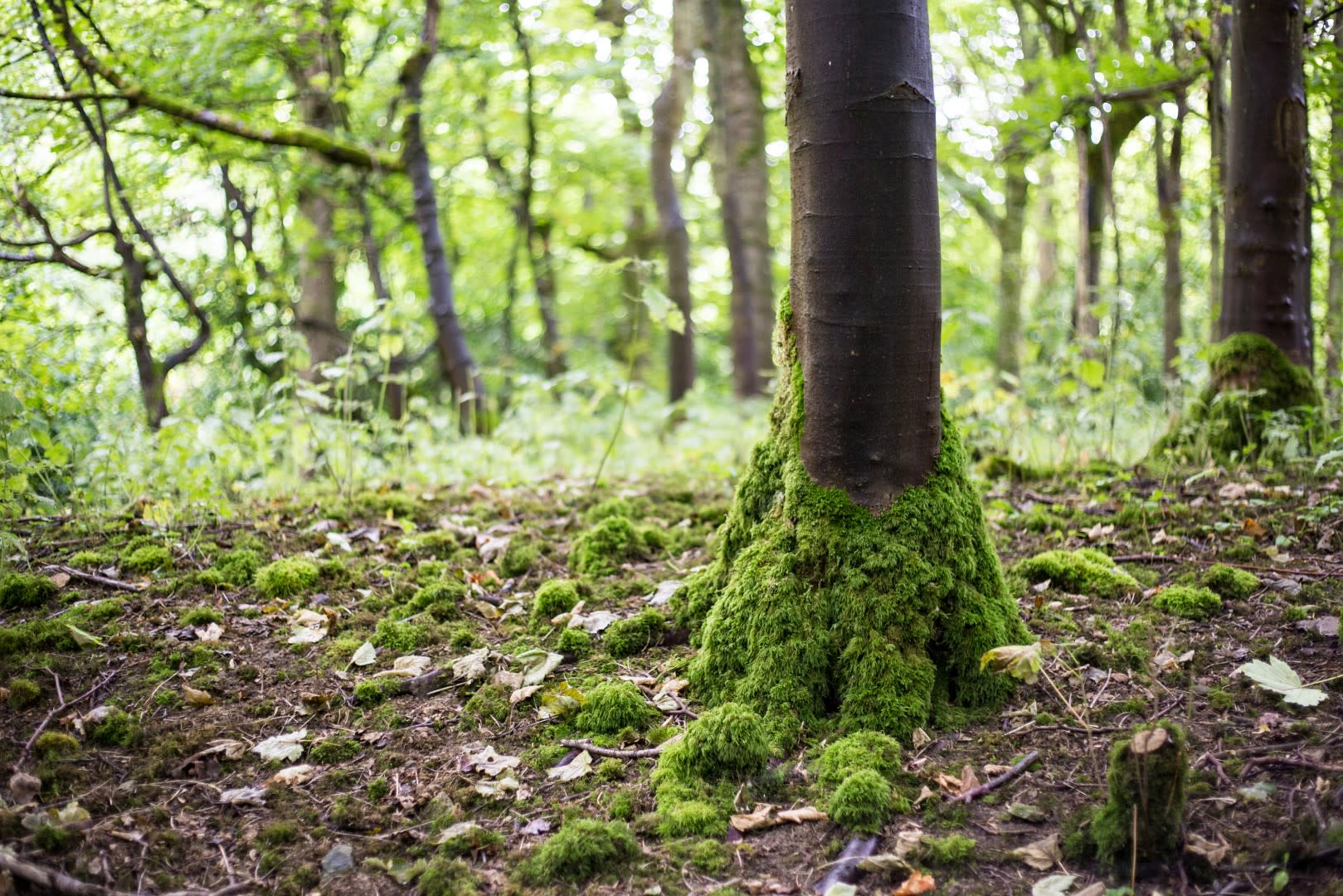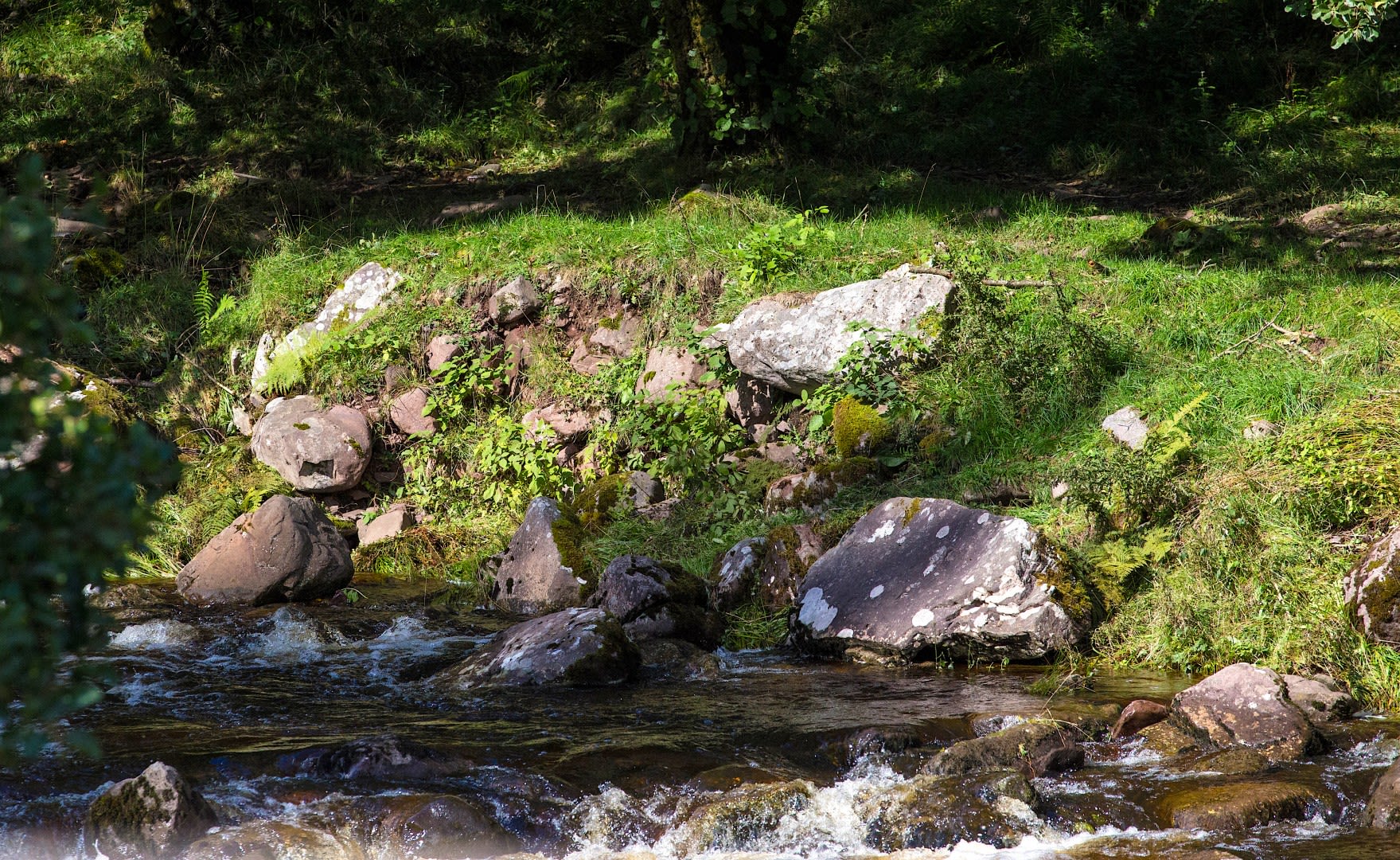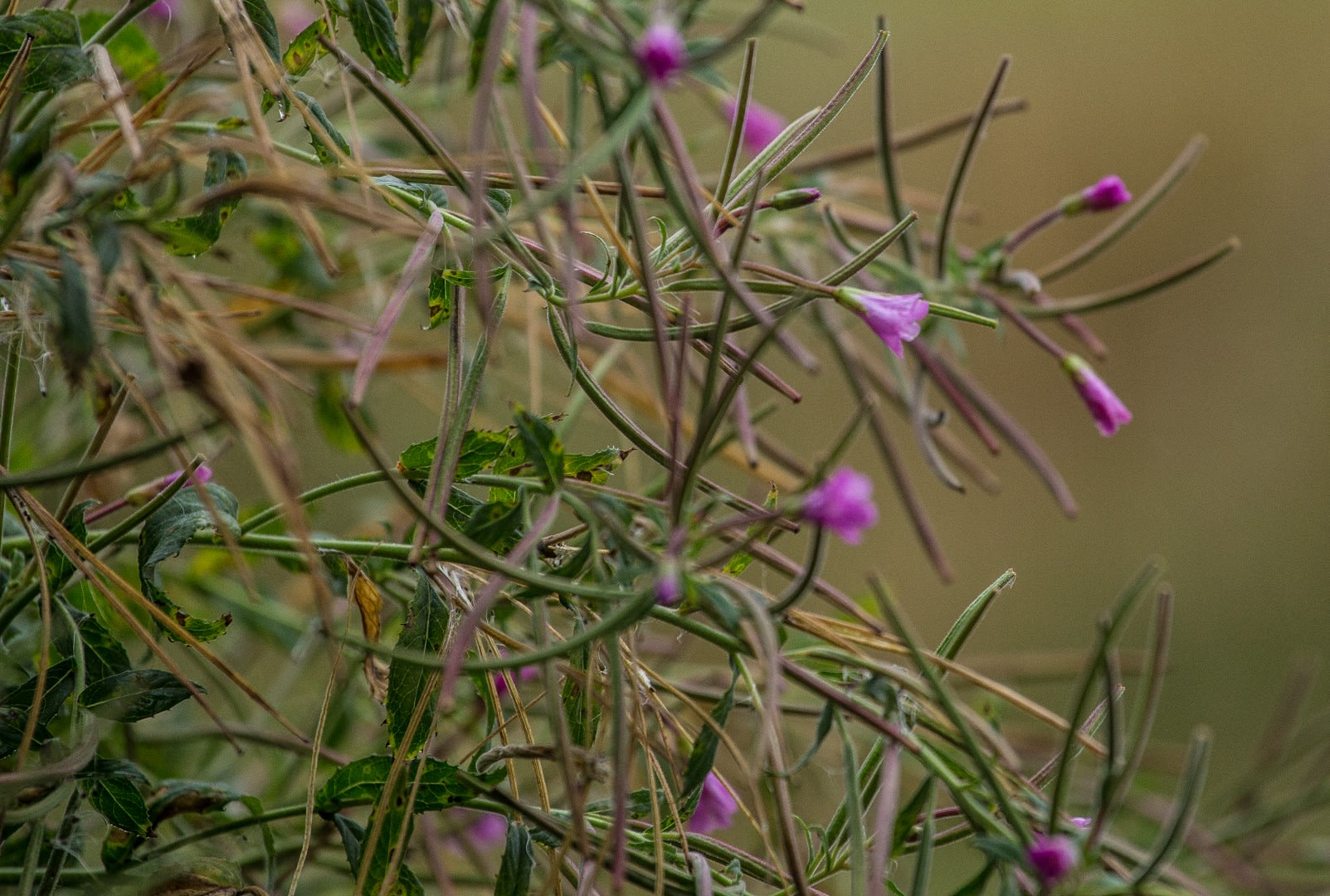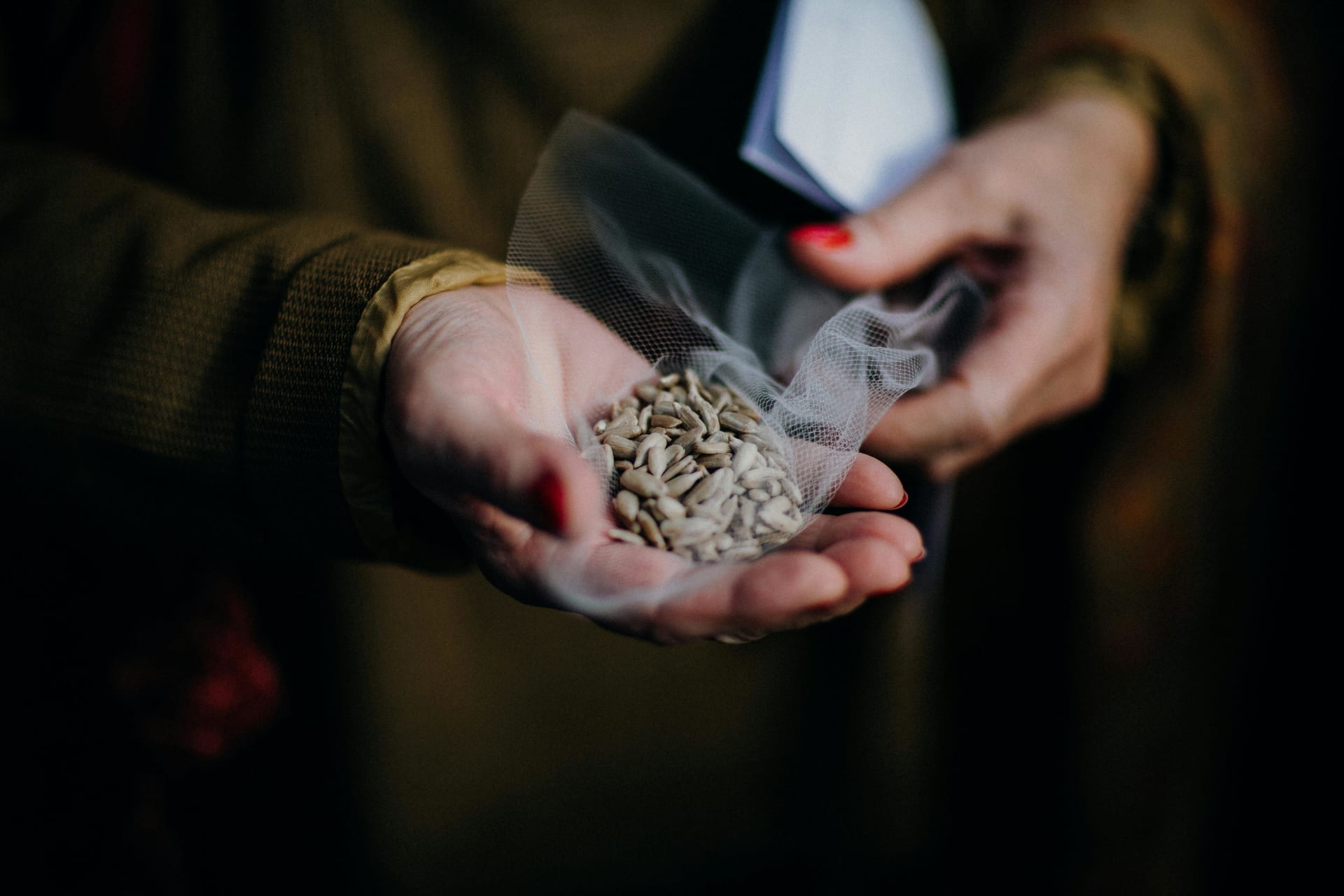Biodiversity offsetting: sounds a bit scary, doesn't it? It sounds like something that big developers and huge government organisations do. So, how could you as an individual landowner help?
James Gillies, a specialist land manager and countryside steward, explains how biodiversity offsetting is not just for multinationals.
Anyone who has some land and falls within certain designated areas can benefit from the government's biodiversity offsetting initiatives there are many schemes currently available for people who may be able to offer a part of their land to offset damage done by large construction and infrastructure projects. Probably the most well-known biodiversity offset fund we have had available in our area recently was the Network Rail fund which was put in place to offset the damage done to the surrounding habitats during the electrification of the Great Western Railway. The work done during the electrification process had an inevitable adverse effect on local wildlife; some habitats were lost or damaged, including woodlands, grasslands, meadows and scrublands. Those habitats, once lost and damaged, need to be replaced and repaired.
The last stage of the project
Offsetting is the last stage of conservation and protection during development, initially during the planning phase to ensure that the damage to wildlife is firstly avoided, then during the actual project it is minimised and eventually reversed where possible. The remaining damage will then be offset– this will usually occur in a location where there is already existing habitat, or near to existing habitats.
Biodiversity offsetting cannot be used on sites that include Ancient Woodlands, Sites of Scientific Interest and national nature reserves. These sites are afforded a higher level of protection where development and possible habitat loss is concerned. Funding is available within our region through various funds at the moment, and grants can be offered for projects that can offer any improvement to biodiversity in the following habitat areas:
- Woodlands
- Wetlands
- Ponds
- Rivers
- Greenspaces and Meadows
- Improvements to the wider countryside and to improve access to nature
So if, for instance, you have land that is near an existing wildlife habitat or land that could become a new biodiverse habitat that benefits nature and wildlife as a whole, there is likely to be funding available to pay for some or all of your project. There has been such a diverse array of projects paid for with biodiversity offsetting in our region, from creating circular walks in Buscot to new freshwater habitats in Cuttlebrook Nature Reserve; there really is funding available for a wide and diverse range of projects. If you have some space and a wildlife project in mind I would advise contacting a land manager who can advise and help plan your project.
James Gillies is the founder of the 100 Meadows initiative, Countryside Steward, Woodland Trust Consultant and Trustee of BBOWT (Berks, Bucks and Oxon Wildlife Trust)

